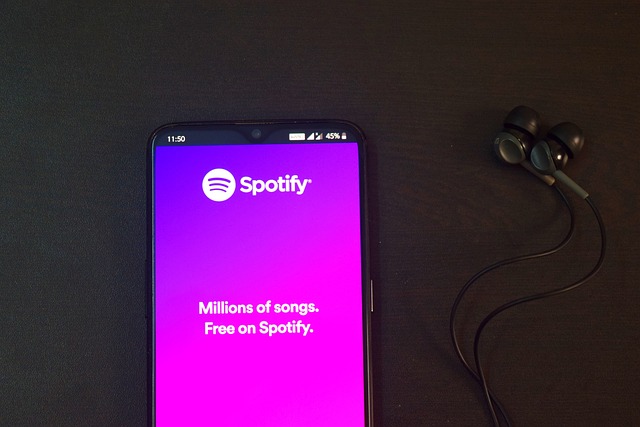In the evolving landscape of podcasting, the issue of fair compensation for creators has become a hot topic. Spotify, a dominant player in the podcast industry, has recently sparked controversy with rumors of considering the removal of white noise podcasts to potentially sidestep creator payouts. This article delves into the intricacies of this situation, analyzing the potential impact on creators, the platform’s reputation, and the broader implications for the podcasting community.
Understanding White Noise Podcasts:
White noise podcasts, often used as sleep aids or relaxation tools, have gained popularity among listeners seeking soothing background sounds. They serve a unique purpose in the podcasting world, offering an alternative form of content that caters to a specific audience. However, these podcasts are typically comprised of user-generated or royalty-free audio, which has raised questions about the financial arrangements between creators and the platform.
The Controversy Surrounding Creator Payouts:
The heart of the issue lies in the compensation structure for white noise podcast creators. As Spotify explores potential methods to optimize its content library and reduce costs, it has reportedly considered the removal of white noise podcasts due to their use of non-copyrighted or freely available sounds. This move, if executed, could raise concerns about fair compensation for creators who contribute to the platform’s diverse content pool.
Impact on Creators:
If Spotify were to remove white noise podcasts, it could signal a larger trend in the industry where platforms prioritize monetarily valuable content over unique niche offerings. This could discourage creators from producing diverse and experimental content for fear of being marginalized. Additionally, it might push creators of white noise podcasts to explore alternative platforms that offer more equitable compensation.
Reputation and Public Perception:
For Spotify, the potential removal of white noise podcasts could have implications for its reputation and brand image. While the platform has built its identity around being a hub for various types of audio content, this move might be perceived as a profit-driven decision that disregards the value of creative expression. Such a perception could lead to backlash from both creators and listeners, potentially tarnishing Spotify’s standing within the podcasting community.
Broader Industry Implications:
The issue of creator compensation isn’t confined to white noise podcasts alone. It highlights the broader challenges of balancing content monetization with supporting creators. If Spotify takes steps to enhance its content library by favoring content with clearer copyright arrangements, other platforms might follow suit. This could reshape the podcasting landscape, leading to a more standardized approach to content creation and compensation.
Conclusion:
The potential removal of white noise podcasts from Spotify’s platform underscores the complex interplay between creator compensation, content value, and platform reputation. As the podcasting industry continues to mature, finding a balance between supporting creators’ diverse content and maintaining a sustainable business model remains a paramount challenge. Regardless of the outcome, this situation prompts critical conversations about the future direction of podcasting and the ethical responsibilities of industry giants like Spotify.












